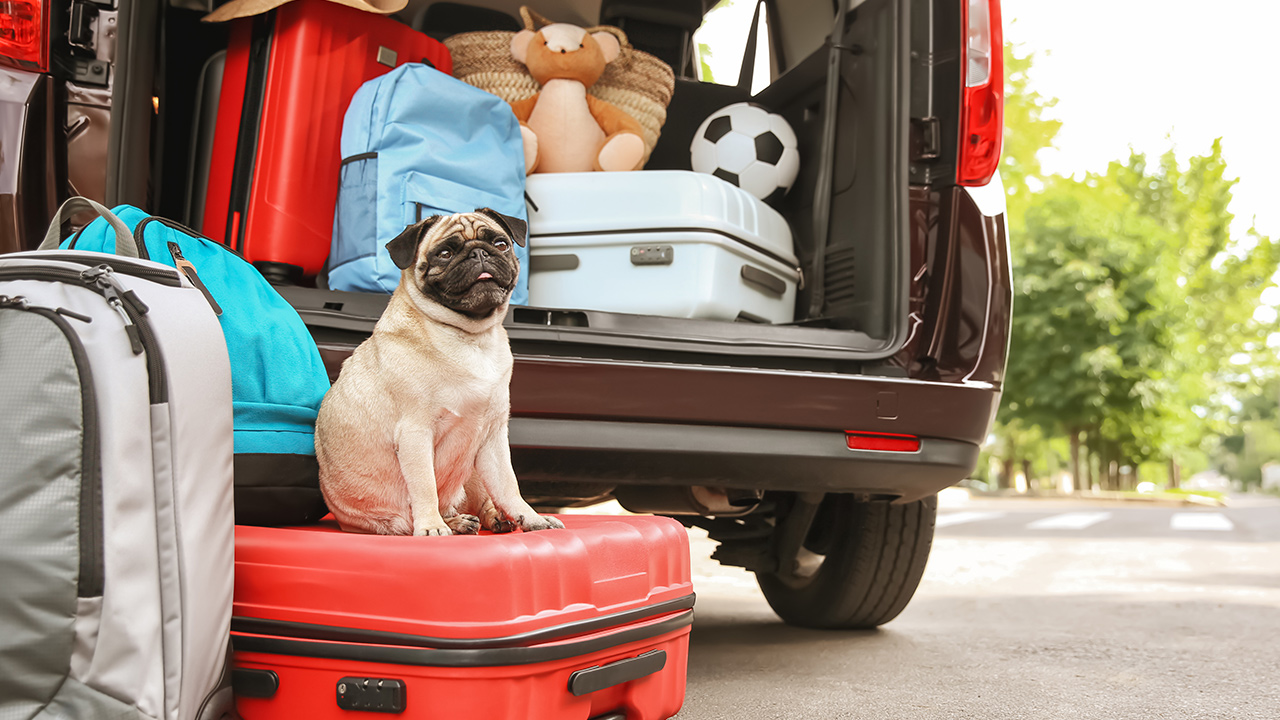
Here are some handy reminders about how to make the most of your money while you’re away.
Before planning a foreign holiday, you should check whether there are any restrictions for your destination. The Foreign and Commonwealth Office has advice for travelling all over the world, including guidance on safety and security.
It's also important to think about whether you need travel insurance.
If you're visiting the EU, you can also apply for a UK Global Health Insurance Card (GHIC). This gives you state healthcare at a reduced rate or for free. You may still have a European Health Insurance Card (EHIC). These remain valid until their expiry date but they’ll then need to be replaced with a GHIC.
Make a checklist so you don't forget to pack your passport and other essentials – and find out whether any visas are needed, especially if you're travelling to somewhere you've not been before.
There's no right or wrong when it comes to deciding how you’ll pay for things while outside the UK. But it’s worth weighing up the pros and cons of using cards or travel money before you set off. You may decide to use a mix of both.
Cards are widely accepted and if you’re given the choice of paying in pounds or local currency when in shops, bars or restaurants, it’s typically cheaper to choose the local currency. That way, you’ll avoid dynamic currency conversion fees and in most cases you'll get a better exchange rate.
You can also use your debit card to withdraw money from cash machines in other countries or regions. Find out more about our fees for using cards and cash machines outside the UK.
There are no HSBC fees for using an HSBC Global Money Account[@global-money-article] debit card to make payments outside the UK. Other non-HSBC fees may apply.
You’ll have the same protection if your debit or credit card is lost or stolen while on holiday as you would in the UK. This covers replacing cards and any costs from fraudulent transactions. HSBC customers can use mobile or online banking to freeze a lost or stolen card instantly.
If you're planning to withdraw money while on holiday, it's worth researching before you leave how many cash machines there are at your destination, as it varies between countries and regions.
Ordering travel money in advance means you don't need to worry about finding a cash machine when you arrive. With HSBC, there’s also the convenience of having it delivered to your home for free. The minimum order for HSBC Travel Money is £100 and you have to have an account with HSBC, first direct or M&S Bank. But carrying a large amount of cash with you can be risky in case it's lost or stolen, so you might want to think about using a mix of cards and travel money.
Here’s everything you need to know about buying Travel Money with HSBC.
It's a good idea to make sure you understand how exchange rates work before you set off on holiday.
You'll want to know which currency you need and how much you'll get when you convert your money.
For example, if the rate for pounds sterling to US dollars is 1.40, you’ll get $1.40 for every £1 you exchange. There are no extra fees with HSBC if you use your debit card to pay for your travel money but it's worth checking if buying elsewhere.
You can find out more about why exchange rates fluctuate and how that could have an impact on your holiday spending.